Ford has revealed the heavily upgraded and uprated second-generation version of its fan-favourite Ford Ranger Raptor pick-up. Chief among the changes is the switch from a four-cylinder diesel engine to a new 3.0-litre V6 with significantly more power and enhanced performance potential.
But the powertrain forms only part of a wide-reaching overhaul that Justin Capicchiano, one of Ford's senior engineers involved in the truck's reinvention, says has taken the Ford Ranger Raptor from ST levels of performance to full-fat RS.
Autocar sat down with Capicchiano for an idea of what to expect when we drive the Raptor later this year:
Q&A: Justin Capicchiano, Ford Performance programme manager

What was the biggest priority going into the new generation?
“We wanted to push the car from where we have it - which is a massively capable vehicle. You never want to stay still. Ask any automotive engineer - they’ll always want to be moving the needle forward. You can’t just focus on one specific area: if you just do the engine and leave the suspension, you’re making an immediate compromise.
“We touched on all of those areas - technology, engine, chassis - and what we’ve done is create a completely new package compared to the previous vehicle.”
So can we expect tangible performance increases across the board - in cornering, braking and so on?
“Absolutely. I’ll touch on your last comment - we made a number of changes to the stability control and ABS systems to get a lot more threshold braking out of the system off-road. The ability to carry more speed off road is much higher because we’ve recalibrated the entire way that system works - it’s a complete rethink.

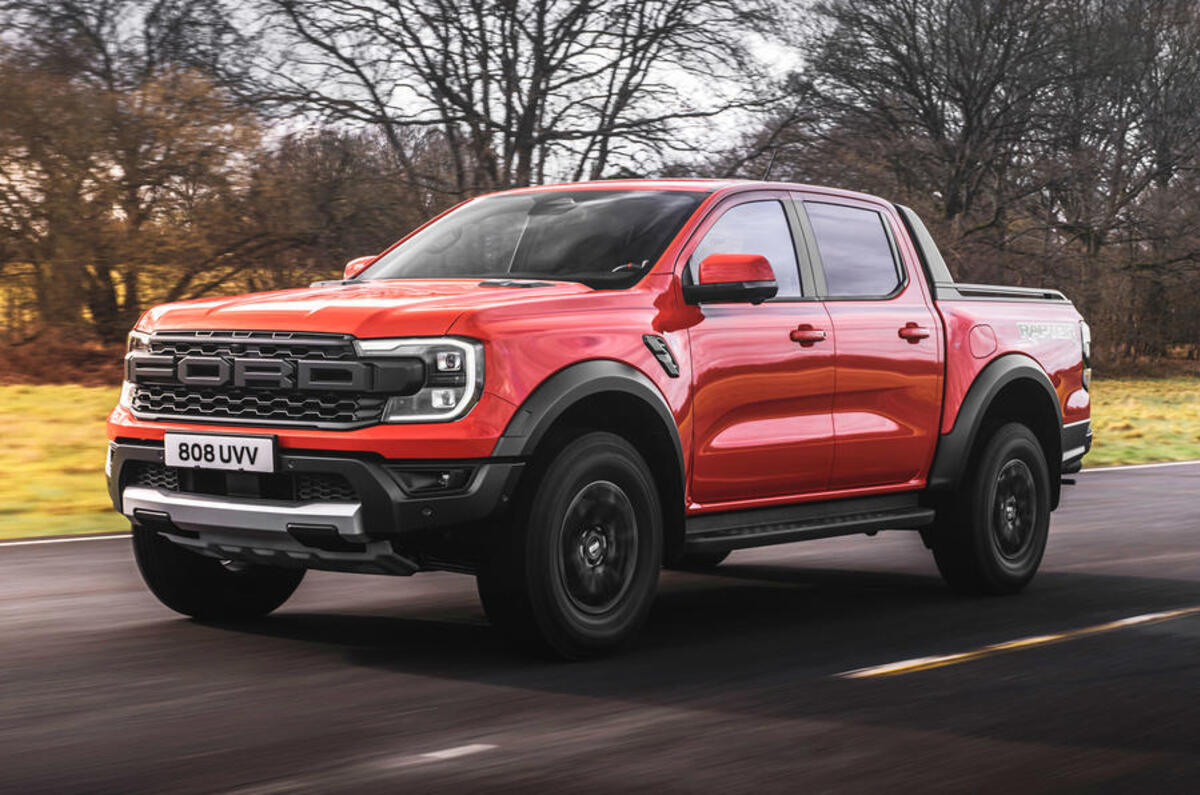
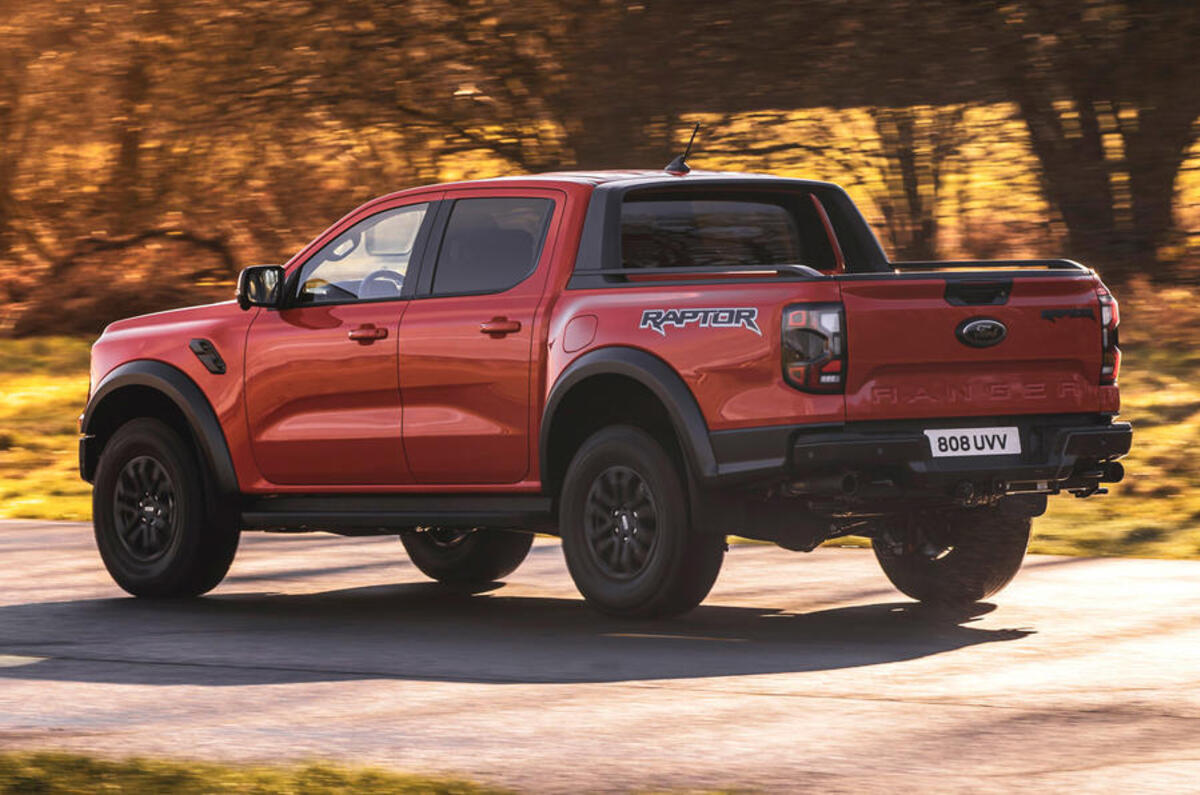

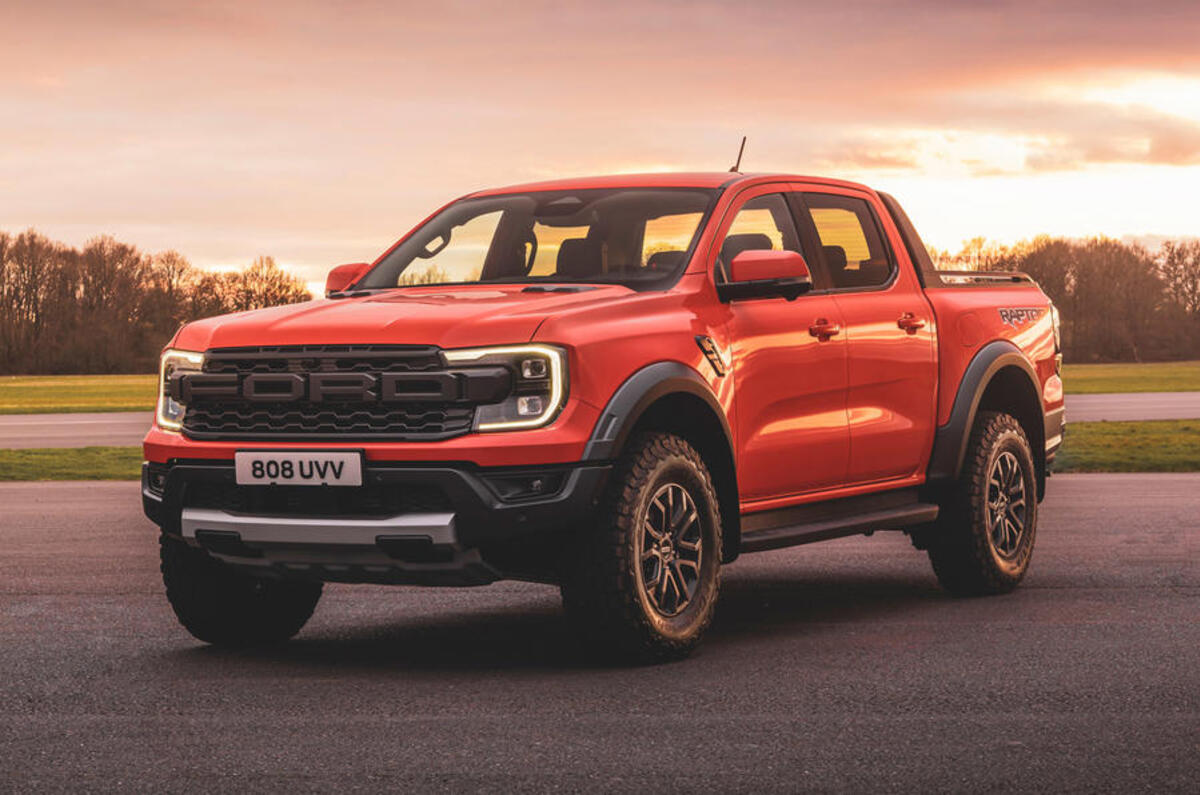
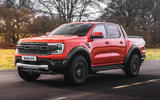




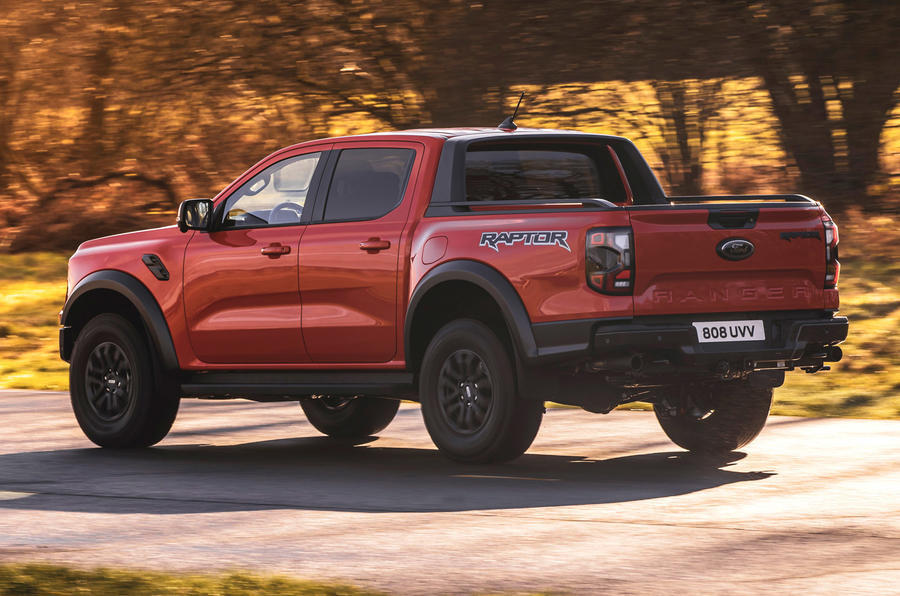







Join the debate
Add your comment
Another day another Ford Truck story, I remember the days ford built cars for europe.